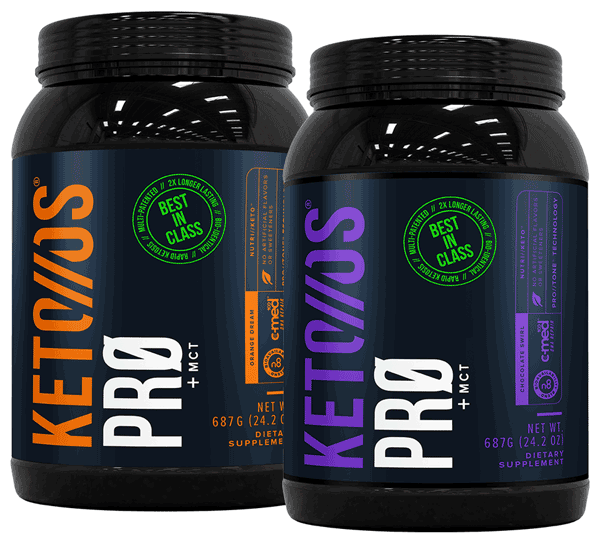


The crux of Mark Sissons approach is that you make your body "fat adapted" which means it is using fat as its primary source of fuel. The second book is fascinating insofar as it applies low carb to fitness/exercise. He has written two books "Primal Blueprint" and "Primal Endurance". I stumbled upon the Mark Sisson (paleo website) when my Doctor said my cholesterol was a bit high - in essence he combines low carb high fat with an accompanying exercise regime. Over the distance and intensities of the Tour de France I am not a believer at this time based on the available data that supplemental ketones are more effective than carbs for recovery and or performance.”Ĭlick to expand.I find this all very interesting. There may be benefits in glycogen sparing but if current nutritional strategies (carb intake) address this - then we need to see data that ketones outstrip carbohydrates as a recovery aid. However I am yet to see externally valid (race/event specific) data to convince me of their benefits especially when high intensity is involved. The area of increasing fat utilisation is nothing new as we have had the high fat diets, low carb diets, use of Medium-chain triglycerides (MCTs) and more recently 3-beta-hydroxybutyrate and acetoacetate. At this point the body needs carbohydrates.

Most endurance performance occurs above this level of intensity during stage endings such as the Tour de France I.e. However, this effect should be placed in context as the effect occurs at intensities of less than 70% of maximum effort. “If we look at basic biochemistry and the use of subjects following keto-adapted diets we see an increase in the use of fats as fuel. “It’s a product purported to be used by elite athletes based on science primarily from rodent and unpublished human trials. Expert view: Mark Tallon, PhD, managing director of UK firm, Legal Foods


 0 kommentar(er)
0 kommentar(er)
